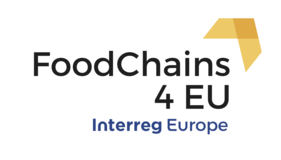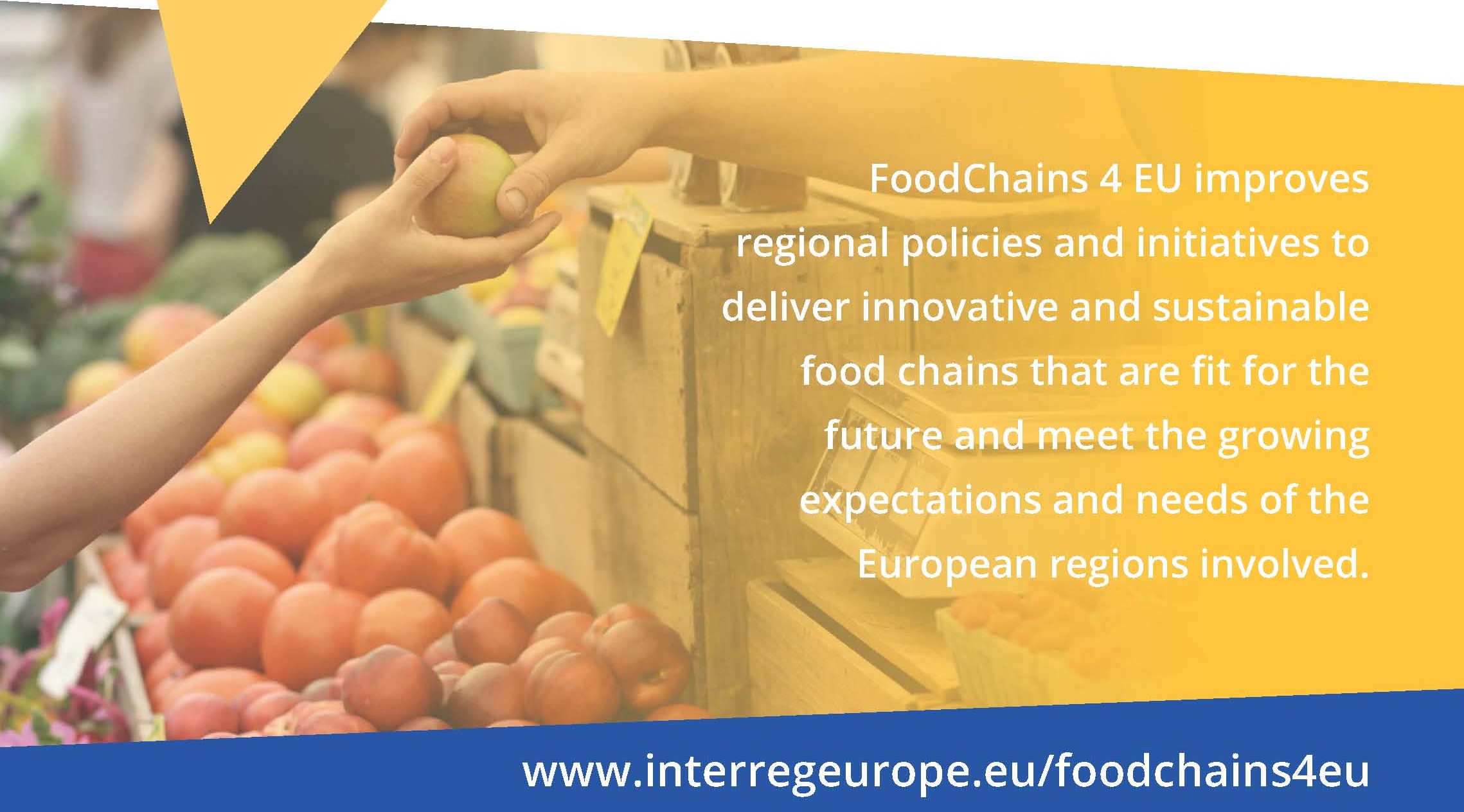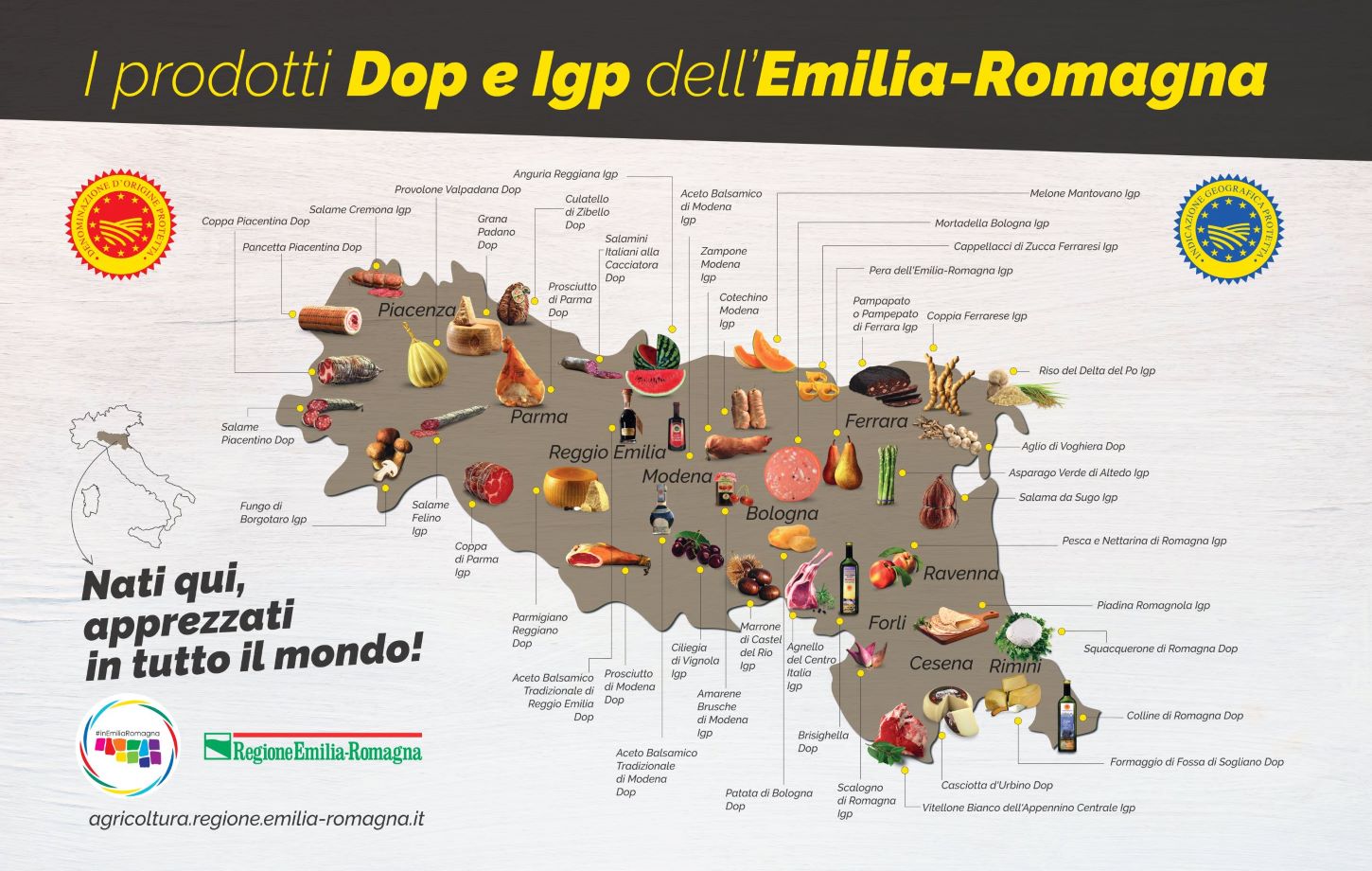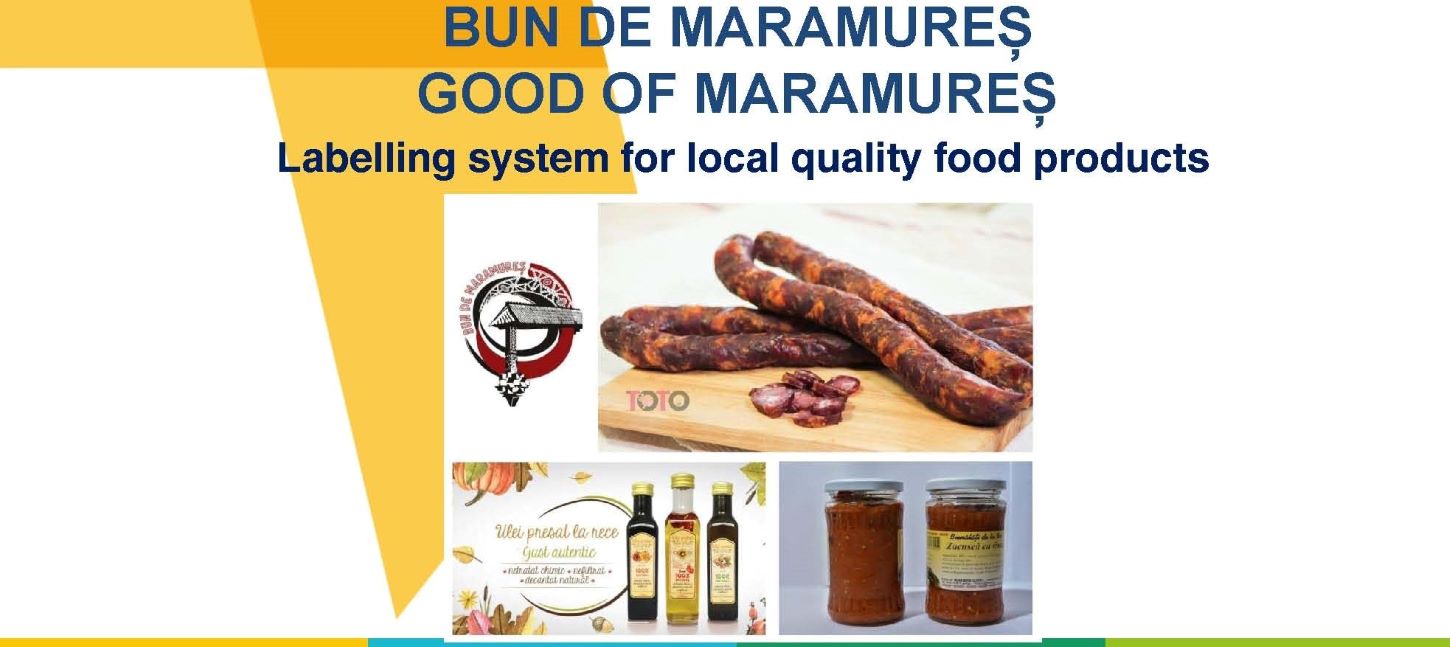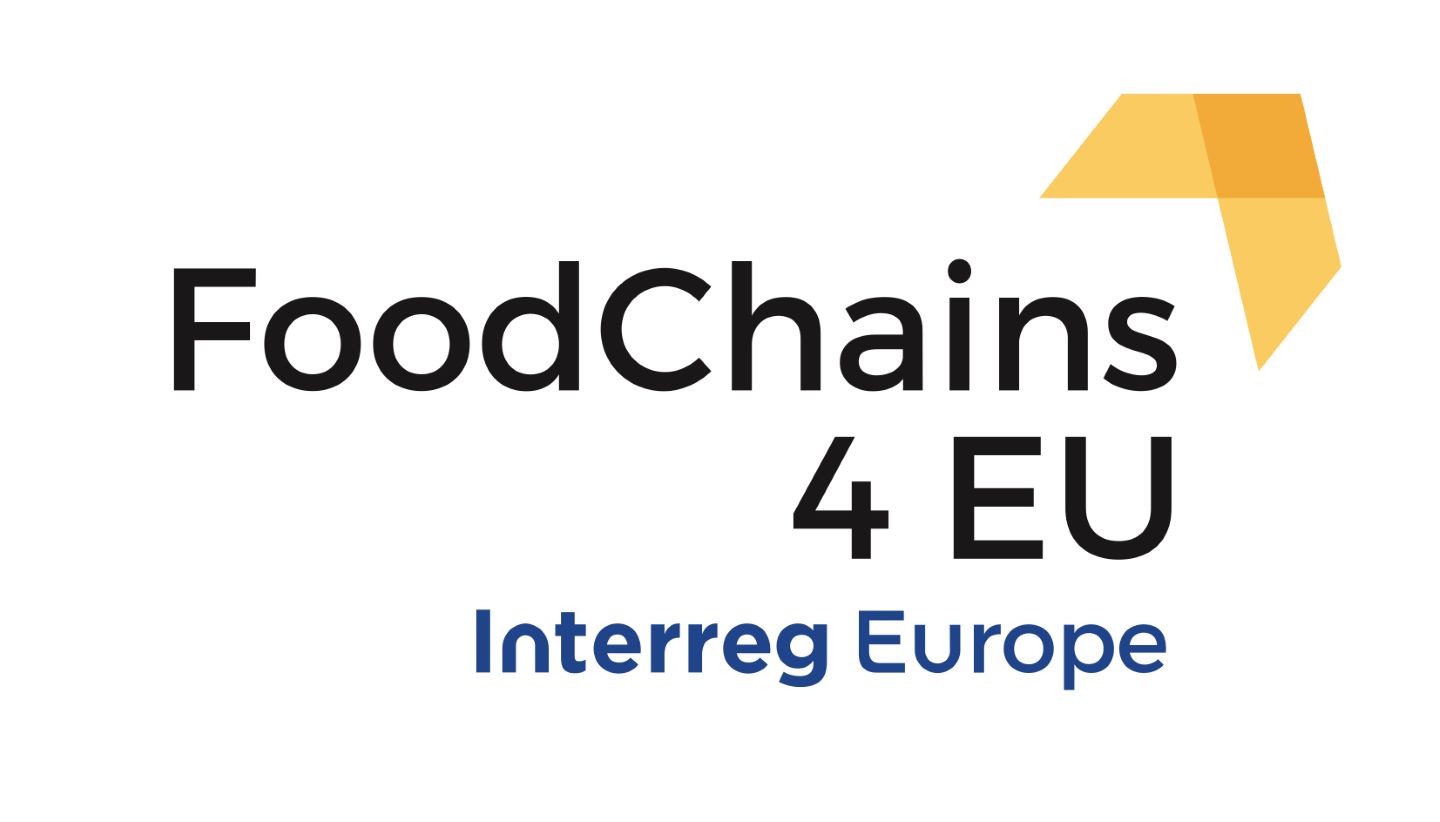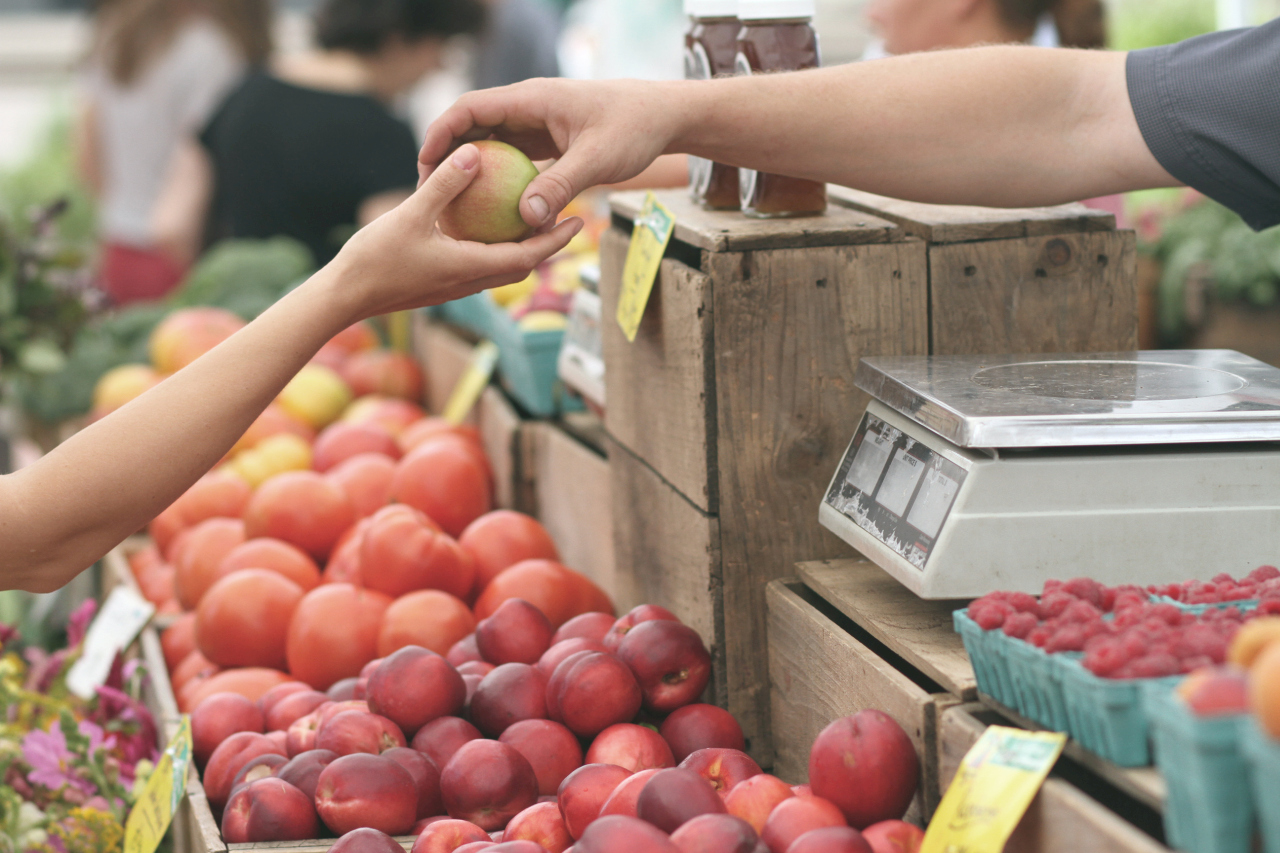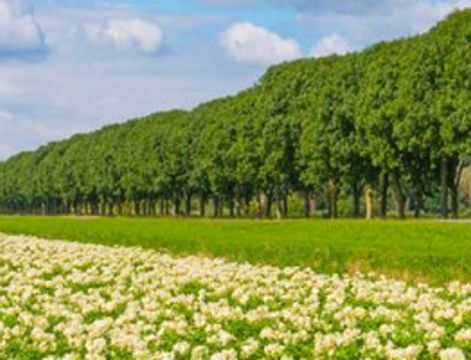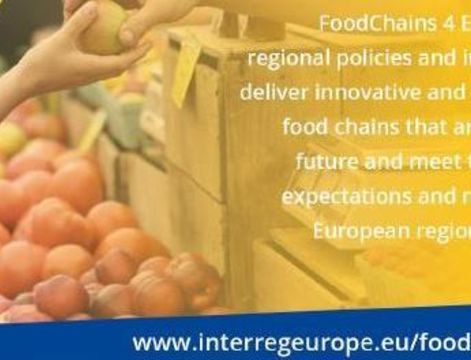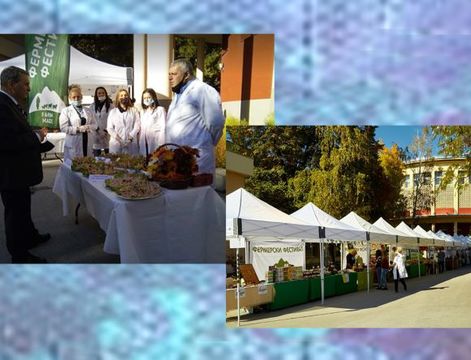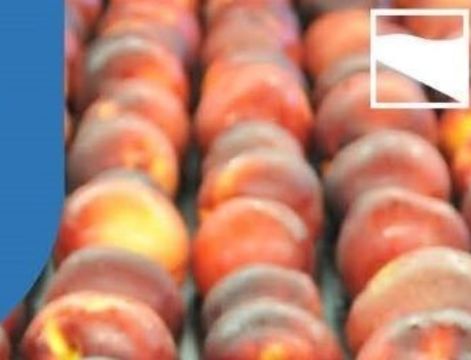The forth Monitoring Board Meeting of the “FoodChains 4 Europe” Project was hosted by Maramureş County Council, in Baia Mare (Romania), on Friday, 9 November 2018.
The Monitoring Board Meeting is organized every semester and, during the 4th meeting, senior representatives and politicians of the FoodChains 4 EU project analyzed the activities carried out into the project so far, the outcomes and the future actions of FC4EU Project.
In the event opening, the welcome speeches were addressed by Mr. chairman, Jan-Nico Appelman (Provincie Flevoland) and Mr. Ioan Doru Dancus, vice-president of Maramures County Council.
The overview of project finances and highlights per region of projects activities have been the topics discussed in the first part of the meeting, followed by the presentation of outcomes (reports and videos) of peer reviews held in Bulgaria and Netherland, as well as the initial observations and recommendations of the experts involved in the Peer review in Maramures (Romania).
The Actions plans preparation will be a crucial activity for the FC4EU partners, after a fruitful period of interregional exchange of experiences and good practices. In this respect, the proposed Action plan template has been presented, pointing the necessity and importance to be based on the project findings and to derive from the interregional learning process: “which good practice from one of the partner regions or which learning from a project activity inspired the action?”
At the end of the MB meeting in Baia Mare, the project activities in the fifth semester have been discussed, establishing the next Peer Review in Italy, the next Monitoring Board meeting and the deadline for the next Progress Report.
During 5-9 November 2018, Maramures County Council hosted and organised three events to assess, in an integrated manner, the local food chains systems:
- The Peer Review in Maramures (5-9 November 2018)
- The Interregional Learning Seminar (8 November 2018)
- The 4th Monitoring Board Meeting (9 November 2018)
These actions have contributed to a broader exchange of experience between the project partners and stakeholders, aimed at evaluating the Maramures food chains and supporting the local producers, both for introduction of innovation and to preserve and value the traditional technologies and products.
